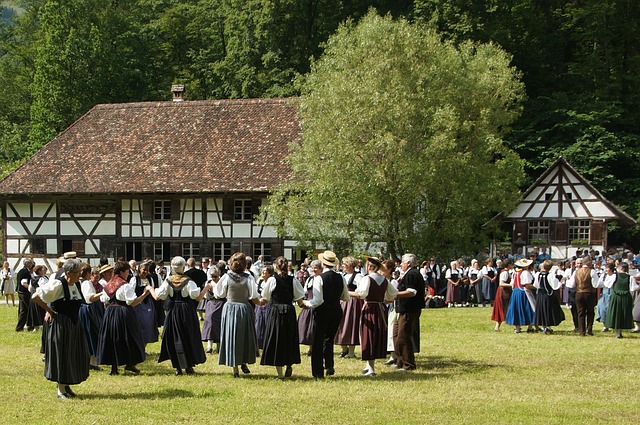Article Title:YURI SLONIMSKY. LIBRETTOLOGY IN THE SERVICE OF IDEOLOGY: DRAMATIC EXPERIENCE
Abstract:
Yuri Iosifovich Slonimsky (1902-1978) is a unique personality in the history of Russian and Soviet ballet. He was a ballet scholar, a playwrighter, a screenwriter and a teacher. At the age of 18 he became a passionate promoter of the dance art, collaborated with D. Shostakovich, gained an invaluable experience in creating the foundation of a ballet performance - drama script. In his youth, Slonimsky took dance lessons from G. Balanchivadze and V. Vainonen. Communication with prominent figures of ballet art provided him with an understanding of the basics of ballet professionalism. Today, Slonimsky's experience is valuable for dance theorists and practitioners. But it is obvious that a century after the 1917 revolution, it is time to rethink and clarify this experience, freeing it from the dogmas of Marxist-Leninist philosophy and the requirements of Soviet ideology. This is the purpose of the study. Indeed, some young researchers of dance and arts of the 1930s and up to the 1980s sometimes take on faith the manifestations of vulgar sociologism or the slogans of Soviet mythology regarding the revolutionary spirit of the era and its inhumane conquests. Thus, the methodology of the research historical and cultural methods dominate, as well as mythocritical approach in the study the results of the creation of ballet librettos on the plots of literary works of the era of socialist realism. In this research we revealed some principles of the ballet's libretto creation during the rule of drama ballet on the Soviet stage. In this context we reviewed from modern positions some evaluation of dance performances by Slonimsky (Three fat men, Scarlet sails, Little Stork etc.) and we positively note the loyalty of the librettist's approach to dance as the main means of expression in the ballet performance. On the example of the play Youth (libretto by Yuri Slonimsky), we show some ideological and artistic task of the creators of modern Soviet ballet, which brought some dramatic contradictions into the creative search. That is why the notes of Y. Slonimsky as a librettist of the ballet Youth are full of doubts about the future success and recognition of the imperfection of almost any ballet on a modern topic, on which he worked with choreographers and composers. This initially self-critical position is very important in the true assessment of the Soviet ballets of the past years, because in practice they turned the ballet into a kind of dramatic performance without words with minimal use of dance. In the articles we prove the fallacy of peremptory accusations in formalism of many talented choreographers and the excessiveness of the ideological pressure that they experienced. The result was that ballet performances lost their specific imagery, became descriptive, illustrative, losing the audience's interest, and for a long time slowed down the search for new expressive means of choreography.
Keywords: history of Soviet ballet; ballet studies; Yu. Slonimsky; dramballet; the ballet's libret-to; dramatic composition of the ballet
DOI: 10.17223/22220836/36/15
Source:VESTNIK TOMSKOGO GOSUDARSTVENNOGO UNIVERSITETA-KULTUROLOGIYA I ISKUSSTVOVEDENIE-TOMSK STATE UNIVERSITY JOURNAL OF CULTURAL STUDIES AND ART HISTORY
Welcome to correct the error, please contact email: humanisticspider@gmail.com



